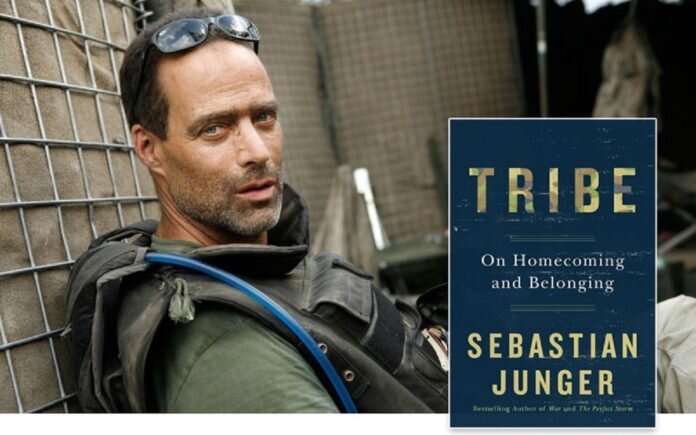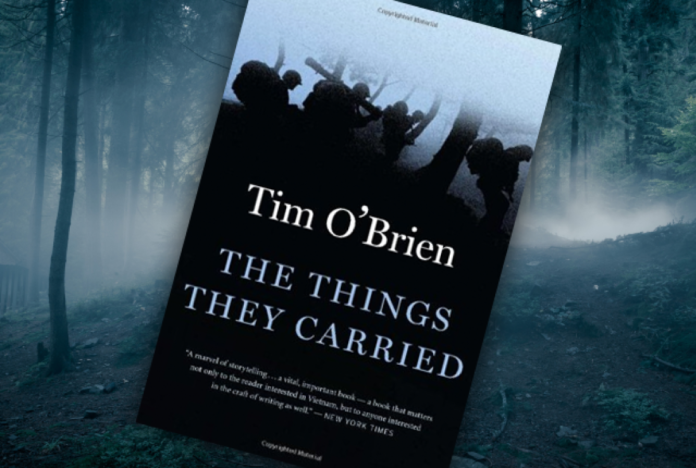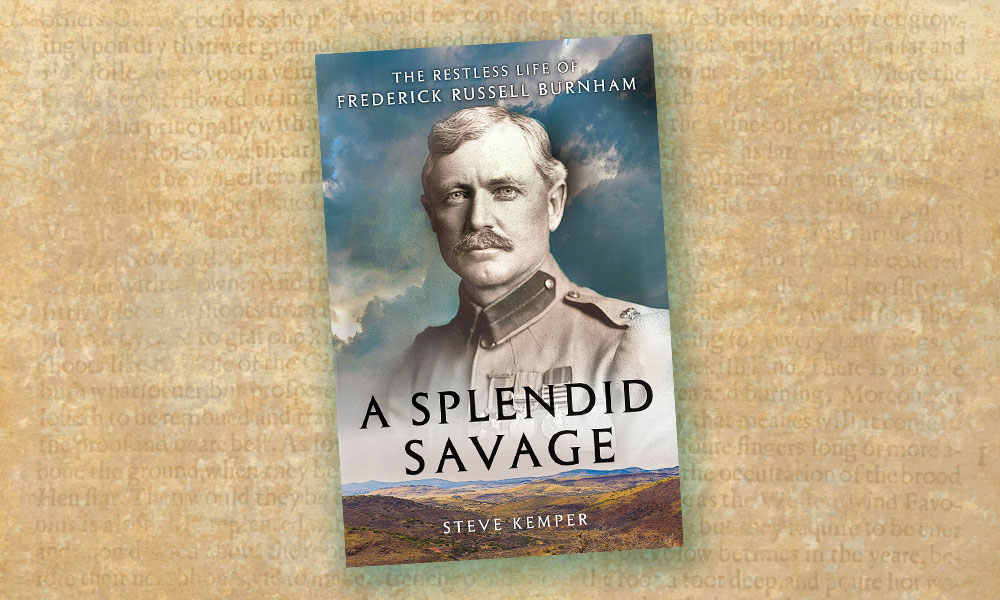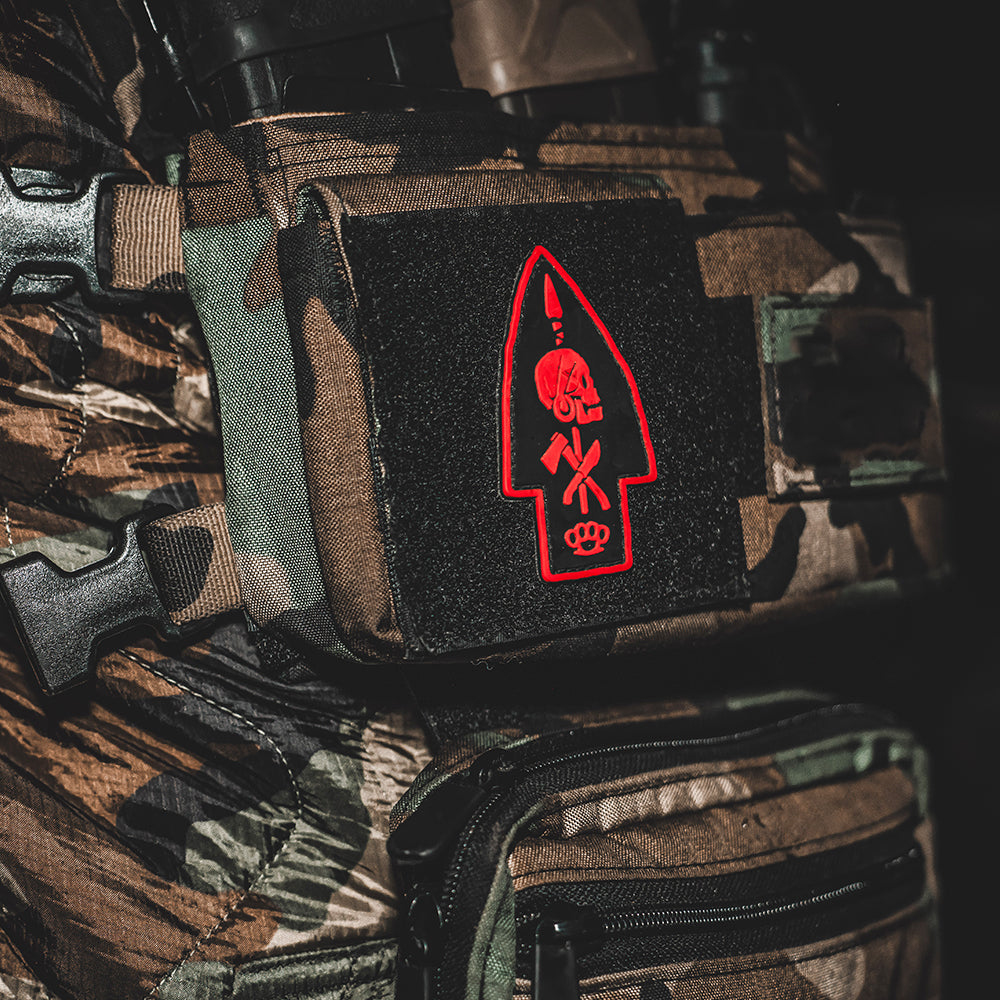
"TRIBE" BOOK REVIEW


Full disclosure, I'm a Sebastian Junger fan. I enjoyed "Perfect Storm", "War", "Restrepo" and "Korengal." If you're reading this then chances are you may have read one of his articles, books or seen one of his documentaries. Mr. Junger, despite being a highly educated man, has a unique and gritty way of delivering his viewpoint or story that the everyday kinda guy can absorb and enjoy. His delivery of facts, as well as insights is next level."Tribe" was released in 2016, so this review is grossly late to the party. I honestly thought this book was about the author’s time in the Korengal Valley and readjusting, and felt like I had heard all I needed to on that topic. After a friend recommended the book I read it and was blown away. It's a short and easy read, but man did it strike a nerve and if I'm being honest it really made me reassess my life and how I'm going about things. "Tribe" is a book about the strengths and necessity of a tribal/communal way of living. Historically, humans that are part of a tribal community thrive and are happier in general. The facts (remember those things?) are there for the taking, and the points are well articulated. I have a thousand other things I would love to write about, but this book hit me like a ton of bricks and I felt an obligation to try to "pass the word" on it. Not just for the veteran circles, but for anyone living in today's fast-paced self-serving society. We are getting away from our historically natural way of doing things, and creating an individualistic society that I firmly believe has damaging effects in the present, and potentially catastrophic long-term consequences for the future.Tribe starts off talking about the strengths of Native American (American Indian) culture. Despite efforts by early settler's to try and educate and integrate them, many American Indians would do what they could to get back to their tribes. On the flipside, there were many frontiersmen (and women) that sought to become part of a tribe, and after embracing the Native American way of life often refused to go back to their easier going life in the big city. Living in Tents, potential danger on the horizon, minimal creature comforts, the need to work hard to stay relevant and to stay alive...sound familiar? To be honest, this chapter was fascinating to me as this was a way of life that our country's affluent seem to be ashamed of, to say the least. Despite luxuries, despite better healthcare, better homes, higher safety, the settlers and later Americans enjoyed being part of an egalitarian society that valued contribution, and teamwork vs. individual success and status. There was no status within the American Indian culture, and they were happy for that.The book moves on to different aspects that are certainly relatable. It discusses how shared hardships and the fight for survival brought people together in such a way that it actually made these people "happy." Even though the world was coming down around them, they united and overcame life's hardships. Examples provided in the book were New York City post 9/11, New Orleans after hurricane Katrina, Bosnia and Sarajevo during their horrific conflict in the 90's, Great Britain during the Blitz of WW2, and how integrated the Israeli military is into Israel's civil society. In all these circumstances, the tribe not only survived but also thrived. In hard times, where social status and the daily expectation were no longer factors, human nature of tribalism prevailed and was almost automatic.In Britain for example, Hitler and the axis felt that bombing British civilian populations would weaken, divide and break the spirit of the British people. The Luftwaffe then proceeded to bomb Britain’s major population centers in an unprecedented way - every night. The casualties and initial fears were catastrophic. However, the British people began to adjust to their new normal. They would help each other build shelters (my grandparents were among that demographic), they volunteered to help their neighborhoods, they adjusted their daily routines so at night they were ready for the inevitable shellacking they would receive. In underground train stations, people would patiently help each other and would care for unaccompanied children. At the end of the day, Hitler may have hurt the British infrastructure, but he galvanized the British fighting spirit and forged a resilient defense. The British refused to be victims, they chose to fight back and with a little help from Uncle Sam, the rest is history. The Tribal nature of humans prevailed - again.On combat veterans, Junger proceeds to focus on the fact that almost every time he asks them if they would go back to Sangin, or Korengal or Ramadi or Nasiriya or any other horrible place, the answer is almost always yes. Why? ...Why would anyone with a family, with a job, in college living in almost complete safety with all of America's relative luxuries want to be back in such an austere and violent place? The answer is a simple: most often they miss being part of a tribe. As a former Infantry Marine that spent time in Iraq, I can attest to this. My time on the ground in comparison to many wasn't too bad. But the danger was there, the rough conditions were there, the time away from loved ones and all that is good with America were there. But I was content; I was at peace despite planning the demise of other humans. The simple fact was I knew my platoon would do anything they could to take care of me, and vice versa. Me being good mentally, tactically, physically only made things better for my platoon mates. We had a common goal of mission success and keeping each other as safe as we could. We were part of a tribe 8,000 miles from home surrounded by people who wanted to kill us, and that was ok. I've talked to hundreds of veterans at this point, been on late night phone calls with depressed friends. I've been depressed myself and missed the days of simplicity and shared hardship. It's real. I didn't miss war; I missed the tribal human connection that occurred as a result of war.This mindset doesn't just apply to military folks. There's a direct correlation between unprecedented suicide and depression rates, and the lack of communal living. In the cases of post 9/11 New York, and post-Katrina New Orleans crime, depression and suicide reached all-time lows. People in those communities had a common purpose. Citizens that may have had nothing in common now had everything in common. Why I feel this is relevant is in 2018 we live in a self-serving society. We don't need to work together, we don't need to go hunt together, and we don't help each other with raising children. In the past we would help neighbors with home projects, we would have our aging parents live in our home, neighborhoods had their own fire brigades, we would build parks on our own. Now we pay strangers thousands of dollars to listen to our problems, and they pay them to give us pills...now we have groceries delivered by a stranger, we put our children in daycare all day, we "mind our own business" instead of checking in on our neighbors, we send emails instead of discussing things in person like adults. We are isolated, we are selfish, we are taking ridiculous psychoactive medications to numb the loneliness and we are deeply depressed. And now our children are growing up in an individualistic lonely and depressed society with no reference to what is right. They don't grasp the context of community and unity. They have no experience to draw upon. Now they are medicated, sad, lonely and suicidal. And in the worst cases storming into schools and mowing down the very people they should be talking to and asking for help. These people, our people in many cases simply have no tribe.Veterans have fallen victim to a sympathetic guilt-ridden society that doesn't know how to treat veterans and veterans that don't know how to act. Relative to history war has become less frequent, there is no draft and we are much better taken care of than our forefathers who fought before us. Yet disability claims, reports of PTSD and the demand for benefits have never been higher. Despite that, people aren't happier, they aren't contributing to society, they aren't living a fulfilled life. Why is that? I feel that in the modern era, the need for close-knit communities has faded. We can buy anything we want at the touch of a button, we can pick who we date with pictures on a phone. We can talk to our friends on social media. Why do we need to talk in person? I don't need my neighbor to help me, why should I get to know him? That lack of human interaction is a root cause of much of our societies ills and the Junger's Tribe does a phenomenal job of conveying that.For me, Tribe was a real eye-opener. I can’t recommend it enough, and for those ending military service I feel this book is essential. I reassessed everything about how I'm living, how I'm raising my daughter. I want better, I want a family there to support my own family. I want a Tribe of my own.
Written By Pauly B
11/20/18








